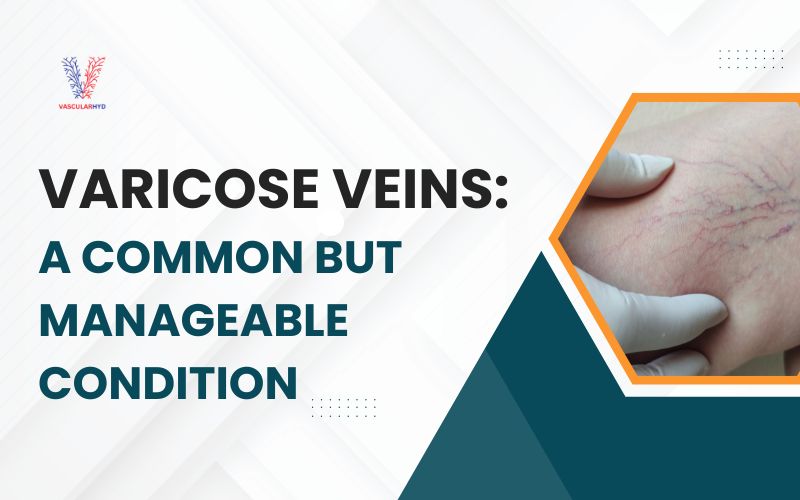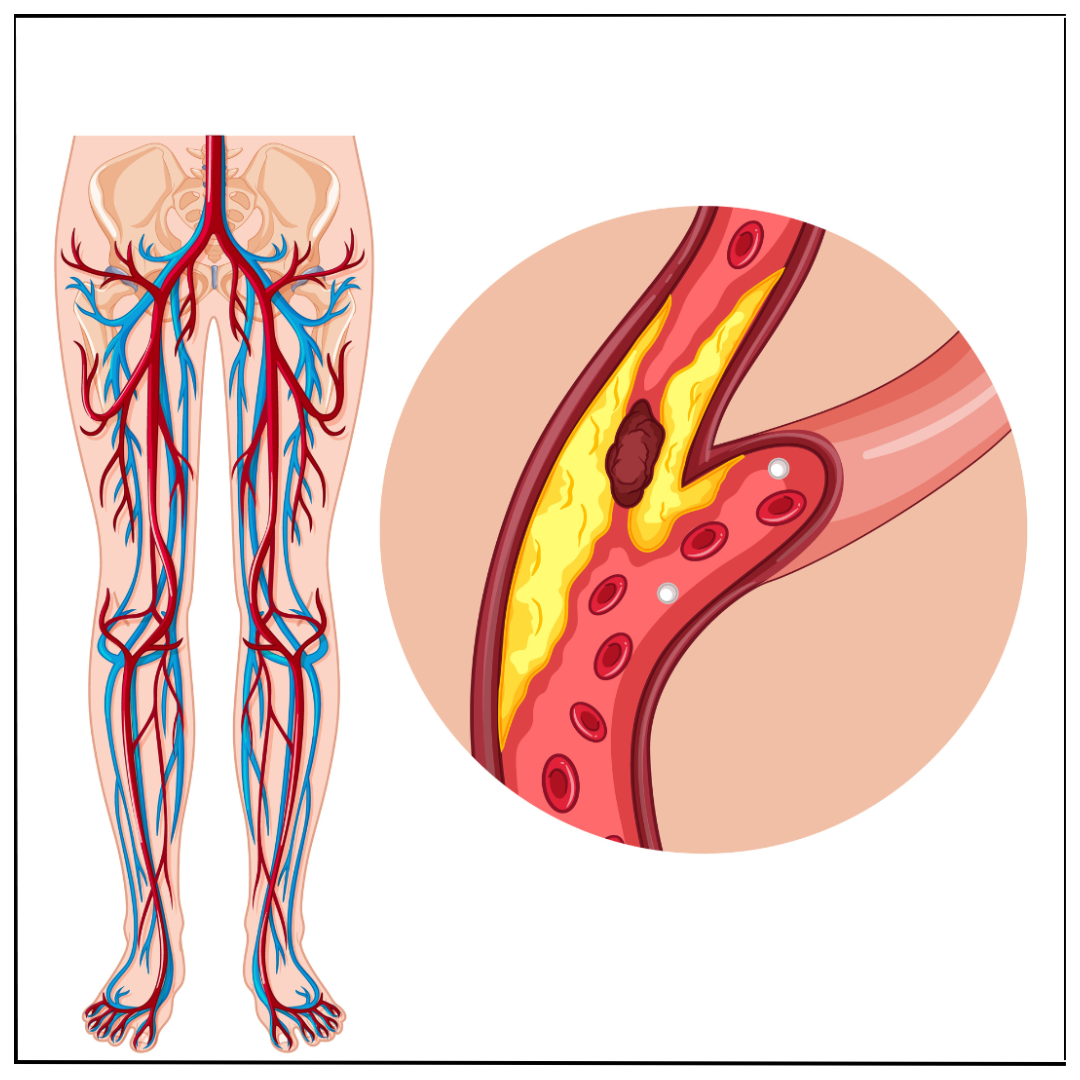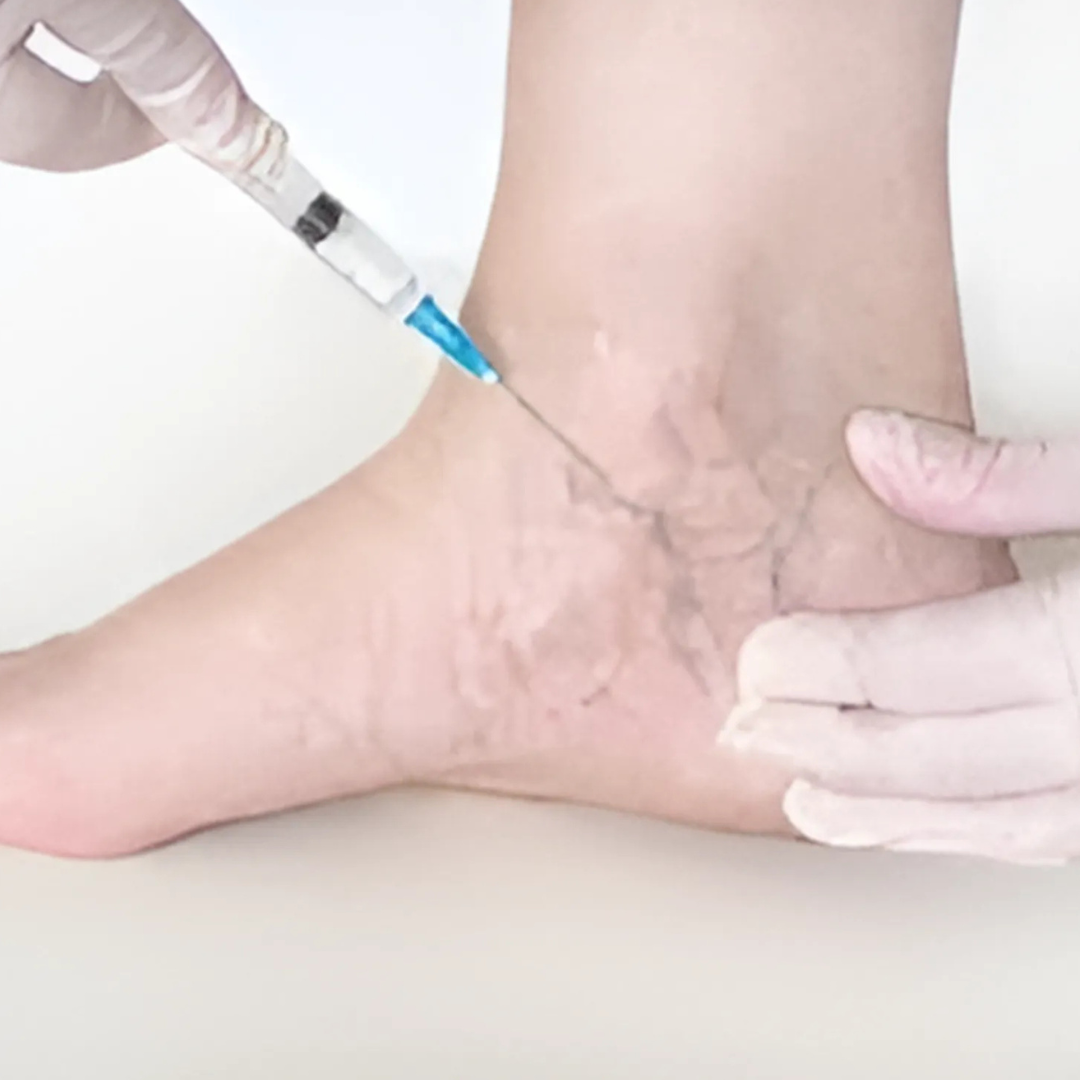While AV fistulas are generally safe and effective, there are some potential complications that may arise like infection, thrombosis, stenosis, and aneurysm. Let's see some of them in detail:
- Infection: There is a risk of infection at the site of the fistula, which can be serious and potentially life-threatening. But it is preventable with good surgical practice and aseptic techniques.
- Thrombosis: A blood clot may form in the fistula, which can obstruct the flow of blood and make dialysis treatment difficult or impossible. This can be prevented by regular (monthly) check-up of your AVistula by a vascular surgeon.
- Stenosis: Stenosis refers to the narrowing of the blood vessels within the AV fistula. This can occur due to scar tissue formation or due to turbulent blood flow causing injury to the walls of the vein. Stenosis can lead to decreased blood flow and may require intervention to prevent complete blockage. It is the commonest reason for the failure of a fistula.
- Aneurysm: In some cases, the blood vessels within the AV fistula can weaken and bulge out, forming an aneurysm. This can lead to an increased risk of rupture and bleeding. It is a rare complication.
- Steal syndrome: Steal syndrome occurs when blood flow to the hand and arm is diverted away from the normal circulation due to the AV fistula. This can cause pain, numbness, and weakness in the hand and arm, and in severe cases may require surgical intervention. It is one of the rarest complications.
- High-output heart failure: In some cases, the increased blood flow required for dialysis through the AV fistula can put a strain on the heart, leading to high-output heart failure. This can cause symptoms such as shortness of breath, fatigue, and swelling in the legs and ankles. For this reason, AVF is avoided in patients with severe cardiac failure and pulmonary hypertension.
- Bleeding: There is a risk of bleeding from the fistula, particularly if it is damaged or ruptured and if the puncture sites are unhealthy. This can be
It is important to monitor the fistula closely for any signs of complications and to seek medical attention promptly if any issues arise.





 What You Need to Know.jpg)


.png)
